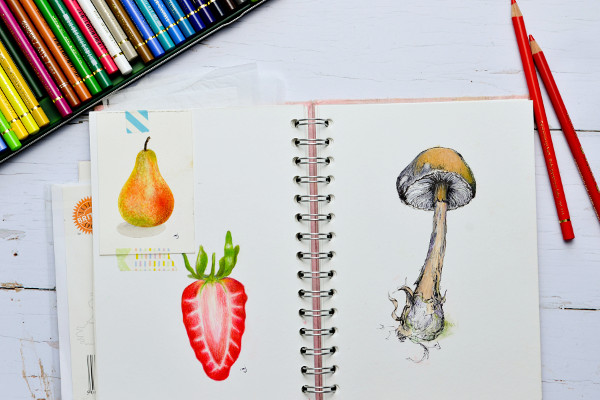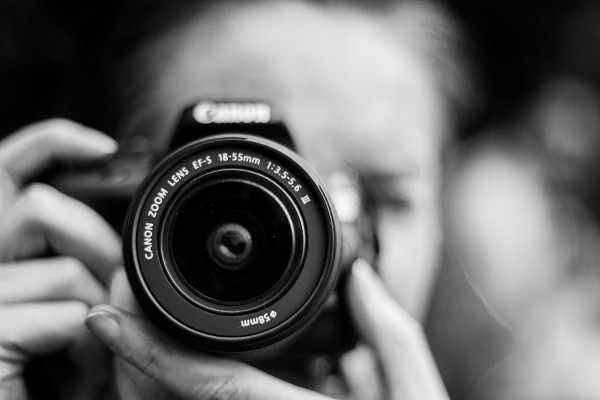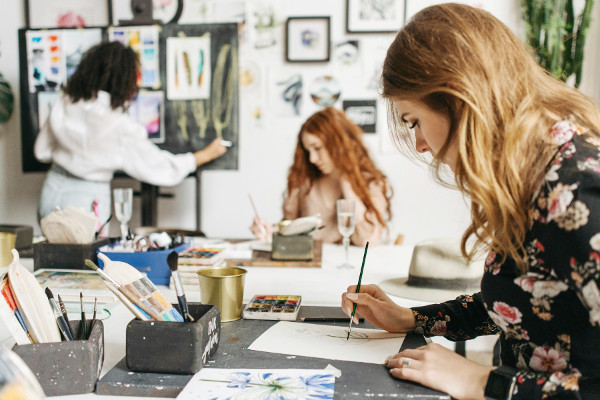How to Start an Art Project: Expert Tips and Guidance for Creative Success
Starting an art project can feel like a thrilling adventure, and knowing where to begin can be tricky. Whether you’re picking up a paintbrush for the first time or diving into something more complex, understanding the process can make all the difference. In this guide, we’ll walk you through the essential steps, from gathering materials to finding inspiration, overcoming creative blocks, and bringing your vision to life. So, if you’re ready to unleash your creativity, let’s dive into the world of art and get started on your project today!
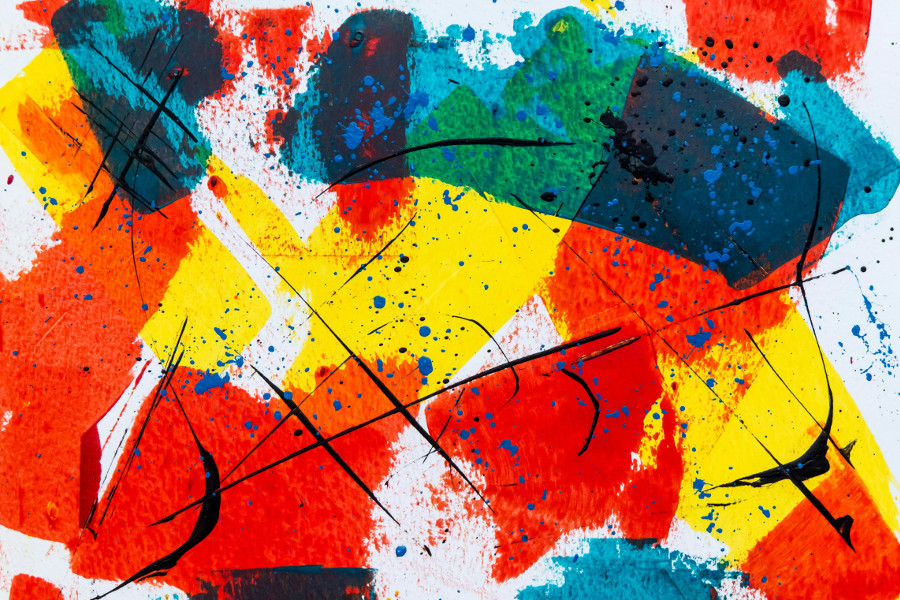
How do I begin an art project?
Starting an art project is all about setting the stage for your creative journey. Think of it as setting off on an adventure where the destination is a finished piece of art. It all begins with a spark of inspiration – something that excites you, whether it's a thought, an emotion, or a vision. The key here is to create without pressure. Let the idea grow naturally, and don’t be afraid to explore different directions as you go. Gather your materials, sketch out some rough ideas, and most importantly, let your imagination lead the way. The first step is always the hardest, but it's also the most rewarding.
What materials do I need to start an art project?
The materials you’ll need for an art project really depend on what kind of art you’re making, but starting simple is always a good idea. If you're painting, you’ll need your basics like brushes, paints, and a canvas or paper. Drawing materials are just as straightforward – pencils, erasers, and good-quality paper. If you’re diving into sculpture, think clay, wire, or wood. But don’t feel like you need to go all out right away. Start with the essentials and only buy what you need to bring your vision to life. Experimenting with different mediums is also part of the fun and will help you discover what you truly love.
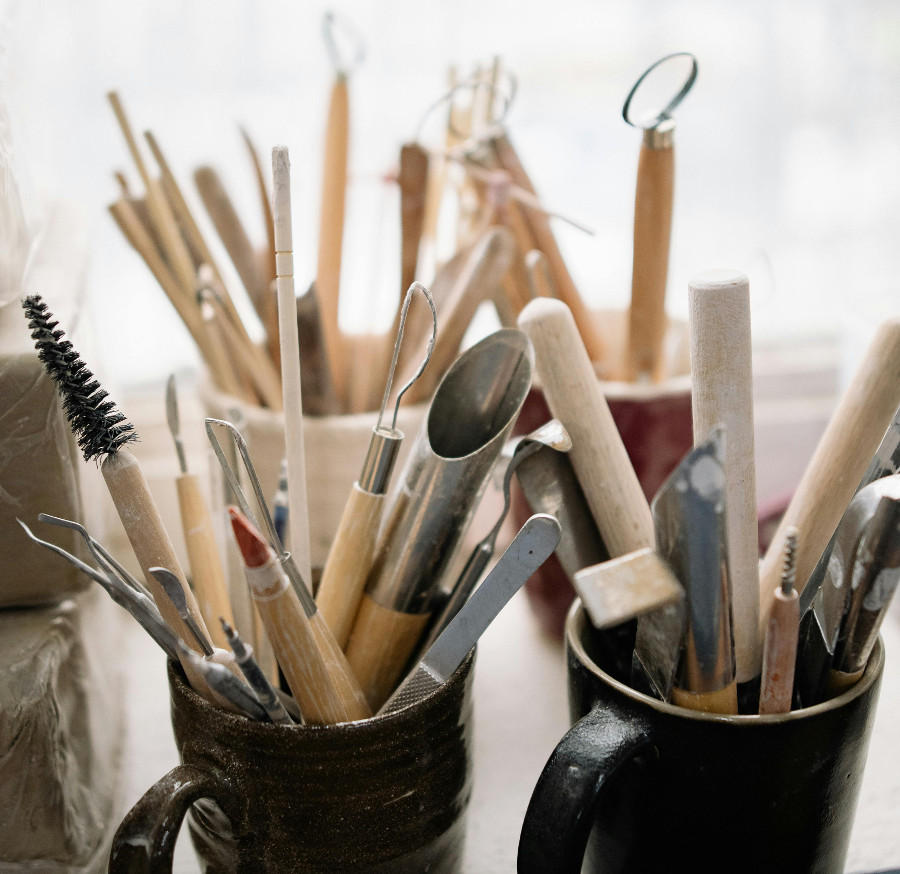
How do I come up with an idea for an art project?
Inspiration for an art project can come from almost anywhere – the world around you, a feeling you can’t quite put into words, or even a dream. It doesn’t always have to be a grand idea; sometimes the smallest things can spark the biggest projects. Jot down thoughts, make random sketches, or browse through your favorite art books for a bit of inspiration. Let your mind wander and don’t rush the process. Ideas often hit when you're least expecting them, so give yourself time to let your creativity flow naturally. Don’t overthink it – let your intuition guide you to that perfect idea.
A good way to get inspiration is to check out other artists' works and see what impact they have on you. Go to local
museums and galleries to see current exhibitions. Many internationally known museums have so called online tours
on there websites for free. Check out these museums' online presence:
Louvre (Paris),
Metropolitan (New York),
Prado (Madrid),
Tate Modern (London),
Musée d'Orsay (Paris),
Uffizi (Florence),
MoMa (New York),
British Museum (London).
What are some tips for starting an art project for beginners?
When you're just starting, the most important thing is to keep things simple and fun. Don’t worry about making a masterpiece – focus on the process, not the outcome. Start small, maybe with a sketch or a simple study, and don’t be afraid to make mistakes. Remember, those mistakes are part of the learning curve. Experiment with different techniques and materials until something clicks. Keep a sketchbook or a journal to track your progress and reflect on your journey. The goal is to enjoy the act of creating and to give yourself permission to grow. Be patient with yourself, and the rest will come.
How do I choose the right medium for my art project?
Choosing the right medium is all about what feels right for the idea you have in mind. Think of the mood you want to evoke, the texture you’re looking for, and the details you want to highlight. Watercolor might suit a soft, atmospheric piece, while acrylics or oils might be better for vibrant, dynamic works. If you're feeling experimental, try mixing media to see how different materials interact. The best medium is the one that helps you express your vision in the most authentic way. Don’t be afraid to step out of your comfort zone, because that’s where the magic happens.
How do I plan an art project from start to finish?
Planning an art project is like mapping out a journey, but remember, the road may not always be straight. Start by defining your idea clearly. What are you trying to communicate, and how do you want to say it? Break your project down into smaller, manageable tasks – gathering materials, creating a rough composition, refining details, and adding the finishing touches. Set realistic deadlines, but allow flexibility for those moments when inspiration takes you in unexpected directions. Keep a checklist, but be open to change. The key is to stay organized, but to also let your creativity guide you along the way.
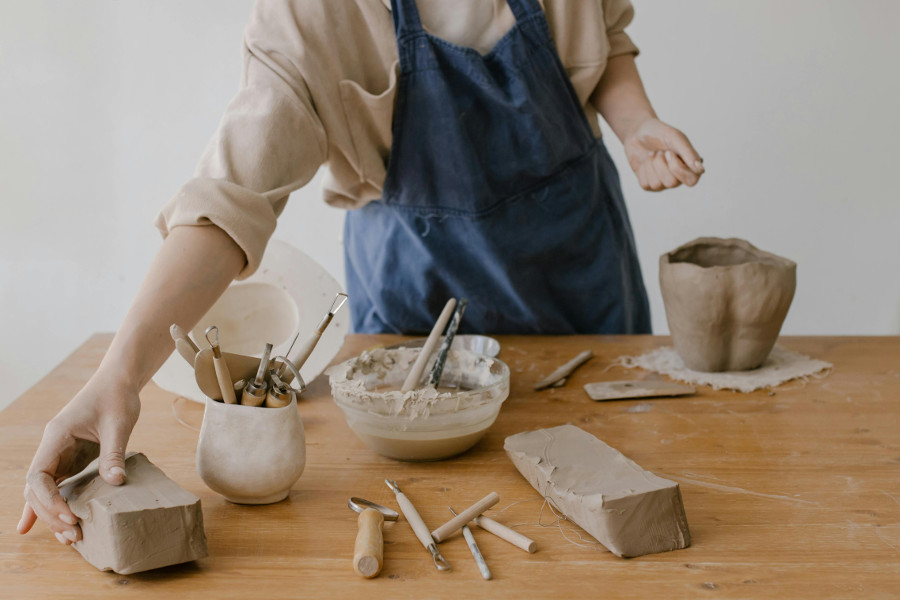
How do I stay motivated during an art project?
Staying motivated through an art project is all about staying connected to your initial spark of inspiration. Break your project down into smaller, bite-sized tasks, and celebrate each one as you complete it. This helps maintain momentum. When you hit a wall, take a break – sometimes stepping away for a while can bring fresh perspective. Surround yourself with things that inspire you, whether that’s music, nature, or other artists. Remind yourself why you started in the first place. Keep the process enjoyable and try not to focus too much on the finished piece – every stage has its own rewards.
What is the best way to structure an art project?
Structuring an art project doesn’t mean restricting your creativity – it’s more like giving it a supportive framework to grow within. Start by laying out the basic concept, and then break it into stages: sketching, refining the composition, adding layers, and finishing. Give each stage its own time and focus. Structure helps you stay on track, but it’s okay to go off course if inspiration strikes. Regularly step back and assess your work – it’s easy to get lost in details, so a little distance helps. Most importantly, trust the process. A well-structured project allows space for spontaneity while ensuring progress.
How do I overcome creative blocks when starting an art project?
Creative blocks are frustrating, but they’re also part of the journey. When they hit, try stepping away from the project for a while – sometimes the best ideas come when you least expect them. Change your environment, browse through a different medium, or even take a walk. Creativity thrives when you're not forcing it. Consider doing a few exercises – free drawing, journaling, or mind-mapping – just to loosen things up. Inspiration can be found in the most unlikely places, so don’t stress. Blocks are temporary, and once you allow yourself to relax, you’ll find that the creative flow starts again.
How do I make my art project unique and original?
Making your art unique is about tapping into your personal experiences and perspective. The beauty of art is that it’s entirely your own – don’t try to fit into someone else’s mold. Look at common subjects from a new angle or experiment with unexpected combinations of materials and styles. Think about the message you want to convey, and make sure it’s something you care deeply about. Play with contrasts and textures, and let your intuition guide you. Remember, originality doesn’t mean doing something no one has ever done – it’s about making it truly yours.
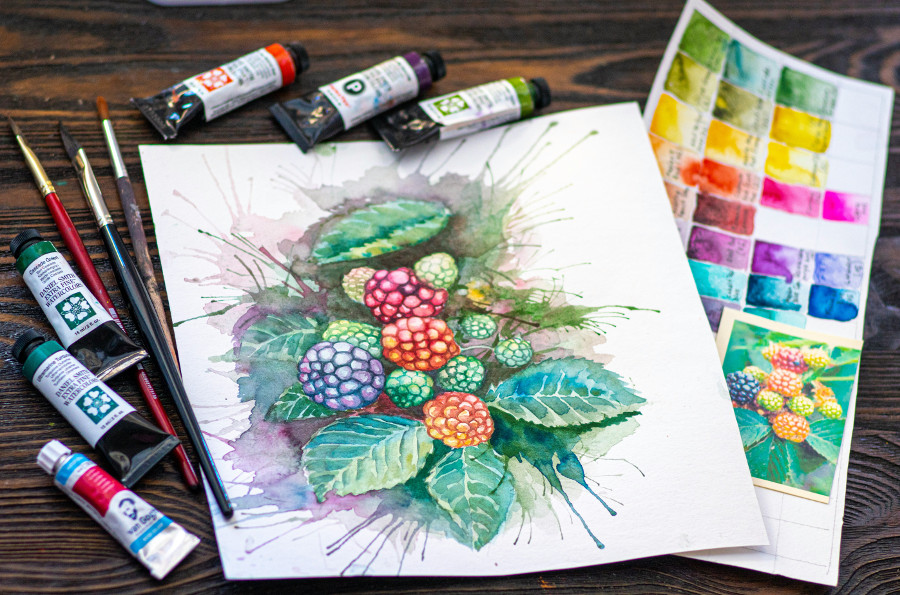
How do I budget for an art project?
Budgeting for an art project starts by understanding what materials you’ll need and how much they’ll cost. Start with the essentials – don’t overbuy or get overwhelmed by fancy supplies. If you’re just starting out, you can usually get by with basic tools and materials. Check for deals, or even consider second-hand stores for things like canvases or frames. Factor in any additional costs, such as renting space or tools, and leave a little room for unexpected expenses. If you’re on a tight budget, don’t stress – creativity doesn’t require a big budget, just a willingness to make the most of what you’ve got.
How do I find inspiration for an art project?
Inspiration is all around you, you just have to tune in to it. Nature, the people in your life, and even the things you love to read or watch can spark an idea. Take the time to step outside your daily routine and observe the world more closely. Often, a single image, feeling, or phrase can trigger an entire concept. Dive into books, visit galleries, or listen to music. Inspiration isn’t always obvious, but when you’re open to it, it’ll find its way to you. Keep a notebook or sketchbook to capture ideas as they come – they’re often fleeting.
Should I start with sketches or dive straight into my art project?
Sketching is often the best place to start, especially if you have a more complex project in mind. It’s a low-pressure way to explore your ideas and get a feel for the composition before committing to the final piece. Sketches let you make mistakes and refine your concept without the weight of perfection. That said, if you prefer to dive straight in, go for it! Sometimes spontaneous creativity leads to the most exciting results. It’s all about what feels right for you. If you're more comfortable working with loose, organic ideas, starting directly with the project can feel liberating.
How long does it take to complete an art project?
The time it takes to complete an art project really depends on its size and complexity. A simple sketch might only take an afternoon, but larger pieces – especially detailed paintings or sculptures – can take weeks or even months. The key is to allow the time you need without rushing the process. Some days might be more productive than others, but don’t worry about the clock. It’s the experience and the journey of creation that matter most. Stay flexible with your timeline and enjoy the rhythm of the process – it’s not about how fast you finish, but how deeply you connect with your work.
How do I evaluate my progress during an art project?
Evaluating progress during an art project is a balance between self-reflection and detachment. Step back from your work regularly to get a fresh perspective – sometimes you need distance to see where you’re at. Compare your current work to your original vision and see how far you’ve come. Don’t be afraid to ask for feedback from others, as a new set of eyes can offer valuable insights. Most importantly, trust your instincts. If something feels off, don’t be afraid to adjust. Progress is about growth, and sometimes the most important step is allowing yourself the freedom to evolve along the way.

